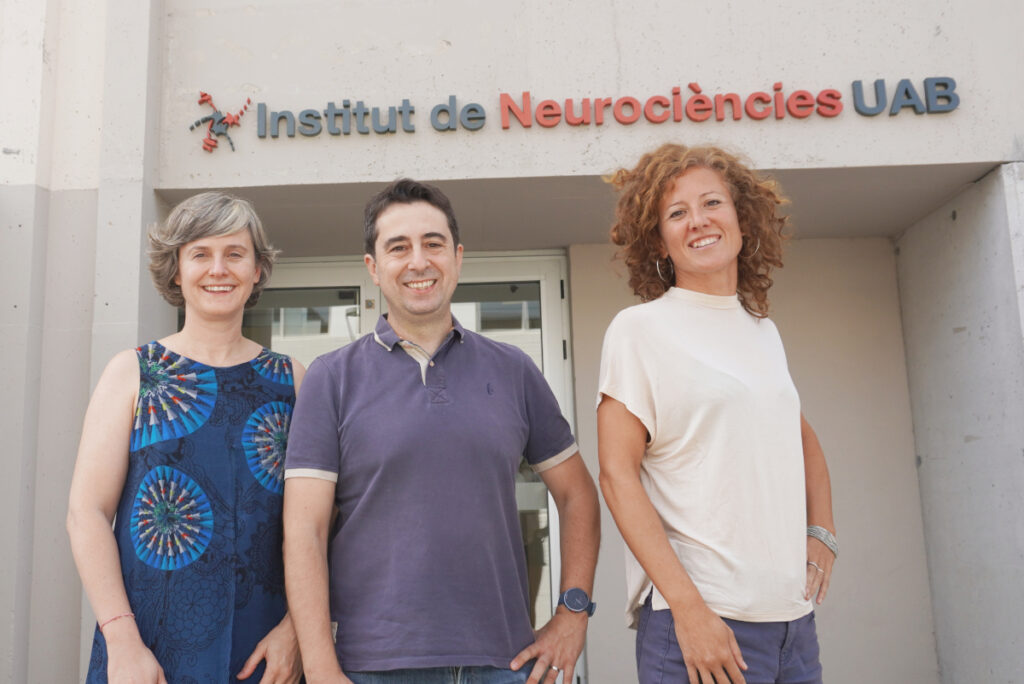
Emma, Albert and Eli filed the application to the European Medicines Agency (EMA), which has recently designated this compound as an orphan drug for the treatment of a rare disease.
To facilitate the development and authorization of drugs for rare diseases, regulatory agencies can give certain medicines the designation of orphan drugs, which gives them several incentives.
Leigh Syndrome is a very severe neurodegenerative mitochondrial disease that affects the pediatric population. Because mitochondria do not work well and there is a lack of energy, patients have problems in many organs and systems, but mainly in the muscles and nervous system, which are the ones requiring most energy. In an extensive preclinical study combining the use of animal models of the disease with patients-derived cells, researchers of our group have shown that cannabidiol exerts multiple beneficial effects. Among them, they found a decrease in the production of oxidative stress and inflammation, an improvement in social and motor problems, a reduction in epilepsy and an increase in life expectancy in Leigh syndrome mouse models.
“We hope to be able to conduct soon a clinical study on the use of cannabidiol in patients”, explains Emma, one of the leaders of this study. In order to facilitate development steps, they have just obtained an orphan drug designation by the European Medicines Agency, which entails several benefits such as scientific advice and assistance in protocols, market exclusivity and reduced development costs, among others, with the ultimate goal of providing an effective drug for the treatment of this devastating disease.